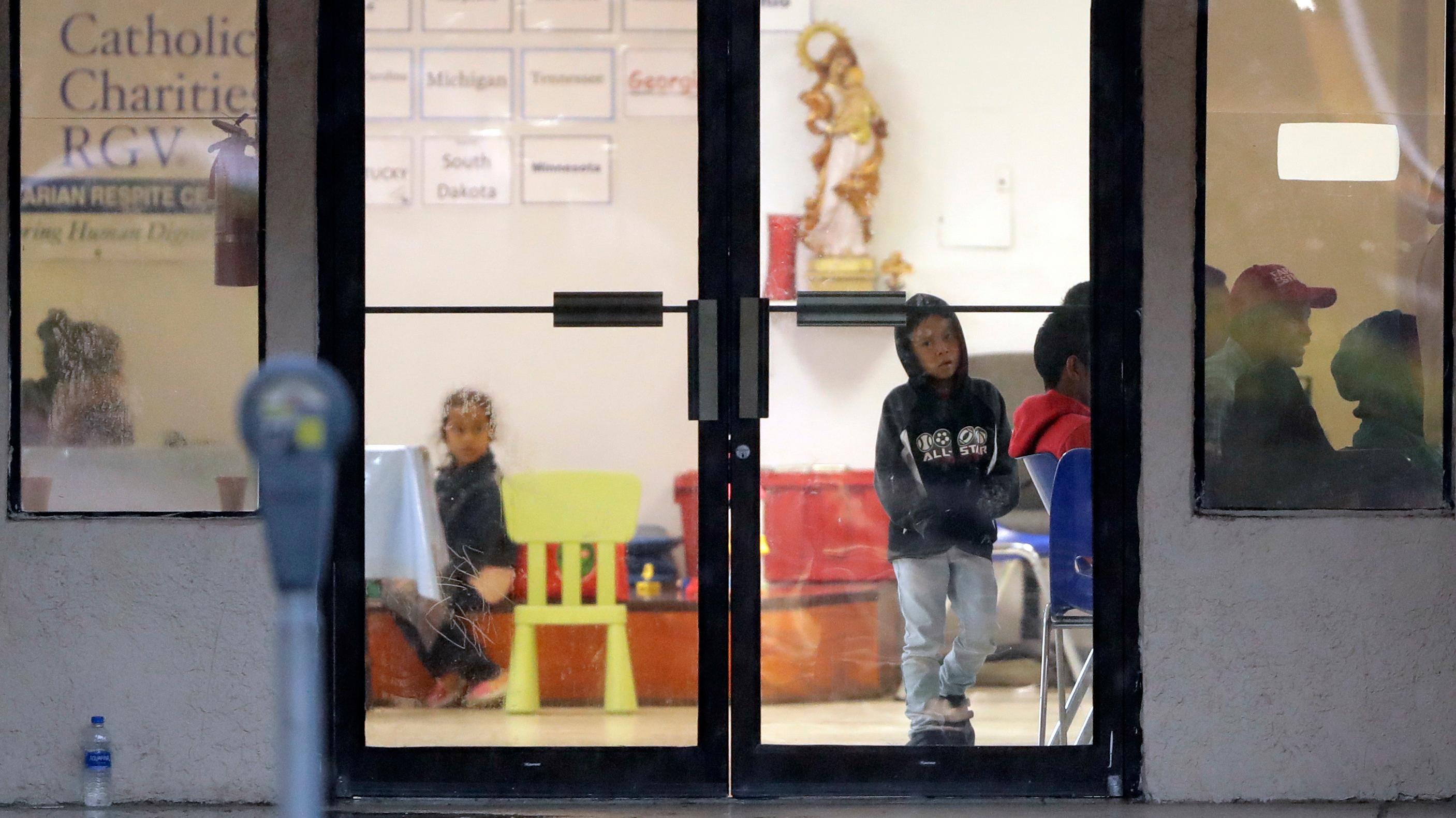

A Salvadoran woman living in Colorado who was separated from her daughter for two months in 2016 said it has left lasting negative effects on her child.
The woman, whose name Colorado Public Radio is not using because she is afraid that speaking out could jeopardize her pending asylum claim, lives with her daughter, now 7 years old, in a mountain town. She cleans hotel rooms and is awaiting a 2020 trial on her bid to stay in the United States.
She spoke to reporters on Friday by phone from her home, with her lawyer Ashley Harrington, of the Rocky Mountain Immigrant Advocacy Network.
- 3 Charts That Show What's Actually Happening Along The Southern Border
- No Colorado National Guard Troops For The Border, Hickenlooper Says
- Churches Seek To Help Immigrant Children Separated From Families
When she arrived at the McAllen-Hidalgo International Bridge in Texas in the spring of 2016, she said it had already been an extremely arduous journey from El Salvador, one that included more than 24 hours on a boat to get up the coast of Mexico.
She and her daughter, then 5, went to the port of entry to turn themselves in. She said she was fearful for their lives in El Salvador and knows they would have been killed had they not left.
“I did not think I would be separated from my daughter,” the woman said, through a Spanish translator.
The two were separated parted within a couple of hours, and the daughter was placed in a children’s facility run by the Office of Refugee Resettlement under the Obama administration. Harrington said it was less common in the previous administration that families were separated -- but it still happened.
The woman was detained in Port Isabel, Texas, north of Brownsville, and one other location for two months before being released on parole.
Her daughter was in the detention facility for a month before being united with her grandparents, the woman’s parents, who lived in Colorado.
While the woman was in detention, she said she cried every day and couldn’t eat, worrying about her child. She considered suicide. She begged guards to tell her where her daughter was. She said one guard felt sorry for her and got her daughter’s information and tracked her down.
“I put my faith in God and I got through it,” she said.
The woman is speaking out now because she is anguished about what is happening at the border with parents and children.
“It hurts to see what is happening right now,” she said. “No parents should have to go through this.”
Her daughter, who is attending school in the United States, hasn’t been the same since, the woman said. The girl is more timid and quiet and seems more scared. While in detention, her daughter told her the caretakers took them to Burger King and to parks and to museums, but the girl remained sad and frantic to see her mother.
“We have always been together,” the mother said.
While she says getting into the country was rough, she still feels safer in the United States.
“If I go back there, I know we would be killed,” she said.








